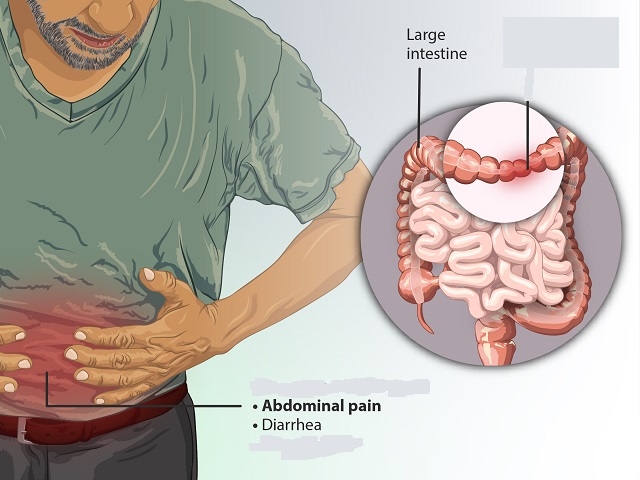6 Signs You May Be Suffering From Alcoholism -- Symptoms, Causes, Effects, Treatment and Prevention
Alcoholism, also known as alcohol use disorder (AUD), is a chronic condition characterized by an inability to control or stop drinking despite negative consequences. It is a progressive and potentially life-threatening disorder that can have significant physical, psychological, and social effects.
Symptoms of Alcoholism
The symptoms of alcoholism can vary but may include:
- Cravings: Strong and uncontrollable urges to consume alcohol.
- Loss of control: Inability to limit or stop drinking once started.
- Tolerance: Needing to drink increasing amounts of alcohol to achieve the desired effects.
- Withdrawal symptoms: Experiencing physical and psychological symptoms when attempting to stop or reduce alcohol consumption.
- Neglecting responsibilities: Prioritizing alcohol use over personal, professional, or social obligations.
- Continued use despite negative consequences: Persisting with alcohol use despite experiencing health issues, relationship problems, or legal difficulties.
Diagnosis of Alcoholism
The diagnosis of alcoholism is based on criteria outlined in the Diagnostic and Statistical Manual of Mental Disorders (DSM-5). Healthcare professionals may consider the individual's patterns of alcohol consumption, the presence of physical or psychological symptoms, and the impact of alcohol use on daily functioning.
Causes of Alcoholism
The development of alcoholism is influenced by a combination of genetic, environmental, and psychological factors, including:
- Genetic predisposition: Family history of alcoholism or genetic factors can contribute to an increased risk.
- Environmental factors: Factors such as exposure to alcohol during childhood, social and cultural acceptance of heavy drinking, and peer influence can contribute to alcoholism.
- Psychological factors: Co-occurring mental health conditions like depression, anxiety, or trauma can increase the risk of alcoholism.
- Stress and coping mechanisms: Using alcohol as a means to cope with stress, emotional difficulties, or self-medication can lead to alcohol dependence.
Effects of Alcoholism
Alcoholism can have wide-ranging effects on various aspects of an individual's life, including:
- Physical health consequences: Liver disease, cardiovascular problems, gastrointestinal issues, neurological damage, weakened immune system, and an increased risk of certain cancers.
- Mental health complications: Alcoholism can contribute to or worsen mental health disorders such as depression, anxiety, and cognitive impairment.
- Relationship and social problems: Alcoholism can strain relationships, lead to family conflicts, isolation, and difficulties in maintaining employment or academic performance.
- Legal and financial issues: Alcohol-related legal problems, financial strain, and decreased productivity can result from alcoholism.
Treatment and Prevention of Alcoholism
The treatment of alcoholism typically involves a comprehensive approach that may include:
- Detoxification: Medically supervised detoxification to manage withdrawal symptoms safely.
- Rehabilitation programs: Inpatient or outpatient treatment programs that provide counseling, therapy, support groups, and education to help individuals overcome alcoholism.
- Medications: Medications may be prescribed to help reduce alcohol cravings or manage withdrawal symptoms.
- Behavioral therapies: Cognitive-behavioral therapy (CBT), motivational interviewing, and other behavioral therapies can help individuals modify their behaviors, develop coping strategies, and prevent relapse.
- Support networks: Engaging in support groups such as Alcoholics Anonymous (AA) or seeking support from family and friends can be beneficial.
Prevention efforts for alcoholism involve promoting responsible drinking habits, raising awareness about the risks associated with alcohol abuse, and addressing underlying factors that contribute to alcohol misuse.
References:
American Psychiatric Association. (2013). Diagnostic and Statistical Manual of Mental Disorders (5th ed.). Arlington, VA: American Psychiatric Publishing.
National Institute on Alcohol Abuse and Alcoholism. (2020). Alcohol Use Disorder. Retrieved from https://www.niaaa.nih.gov/alcohol-health/overview-alcohol-consumption/alcohol-use-disorders
Mayo Clinic. (2021). Alcohol use disorder. Retrieved from https://www.mayoclinic.org/diseases-conditions/alcohol-use-disorder/symptoms-causes/syc-20369243


















